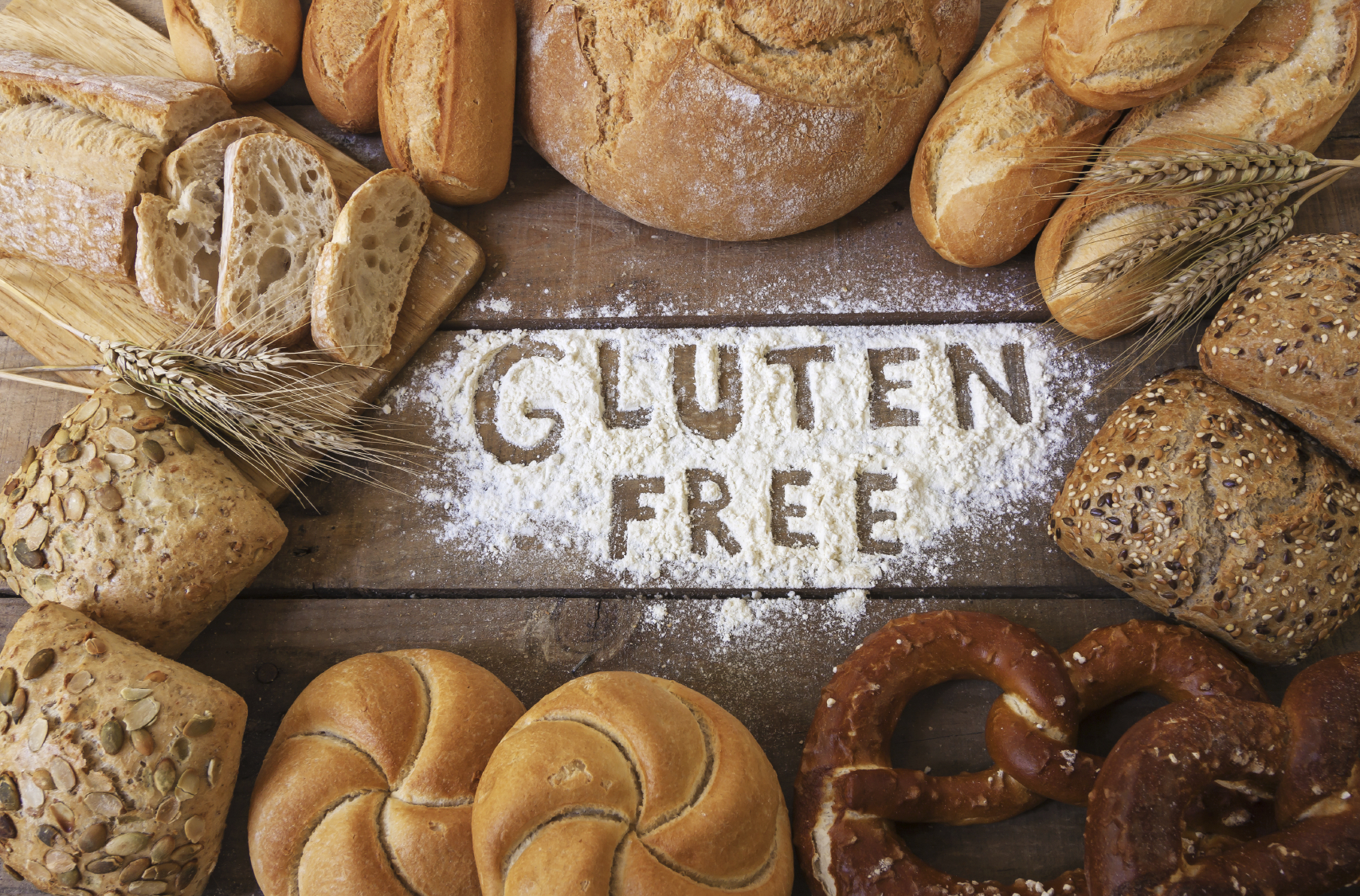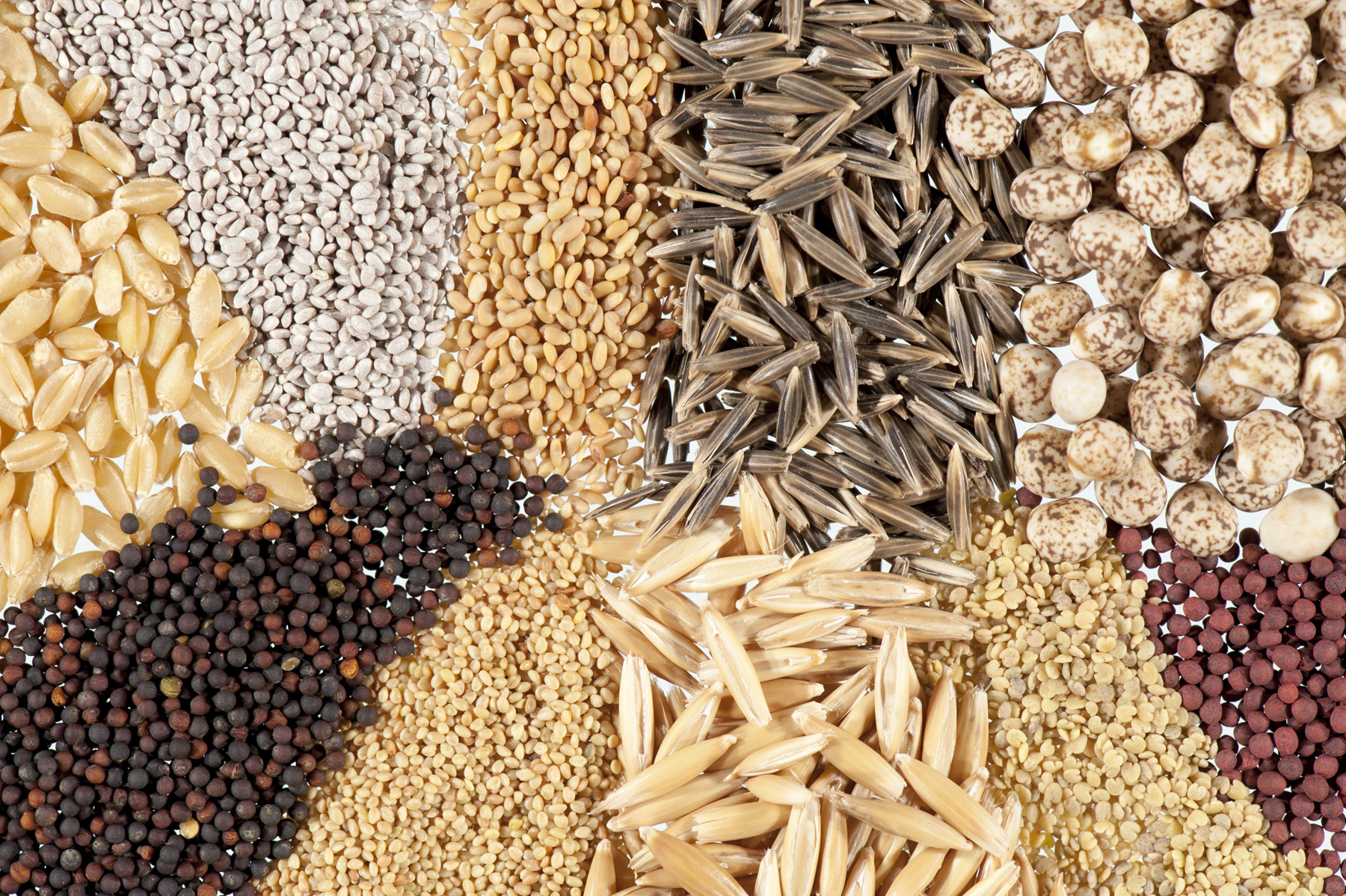Yet another reason not to cut gluten!
Gluten free diets are all the rage these days. Many people are cutting gluten from their menu because it’s the “in” thing to do. They may tell themselves that gluten is harmful, but what they don’t know is that gluten is ONLY harmful to those with gluten sensitivities or celiac disease. For the average person, gluten is as harmful as Vitamin C or fiber.
The truth is that gluten is a protein your body can use for a number of important internal functions. Cutting gluten from your diet doesn’t necessarily decrease your risk of health problems—it simply eliminates a specific nutrient. If you don’t have celiac disease, non-celiac gluten intolerance, or gluten sensitivity, there’s no reason to try gluten free diets.
Contrary to popular opinion, the food you eat on gluten free diets isn’t necessarily “healthier” than regular food. Gluten-free foods have been prepared with naturally gluten-free ingredients, or ingredients that have had the gluten removed artificially. There’s still a whole lot of fat and sugar in these foods!
According to a new study, going gluten-free can actually increase your risk of diabetes. A team of researchers in the U.S. found that cutting back on gluten increased the chance of developing this metabolic disorder. Of the 16,000 people participating in the study that developed diabetes, those who ate the least amount of gluten had the highest diabetes risk.

READ MORE: You May Need a Metal Detox if You’re Gluten Free
The average person eats around 6 or 7 grams of gluten per day, with no more than 12 grams on the higher spectrum of gluten consumption. Those who are more gluten (around 12 grams) had a 13% lower chance of developing diabetes than those who ate less than 4 grams of gluten per day. Even after accounting for the other risk factors—including family history of diabetes, lifestyle, exercise habits, etc.—gluten was still linked with diabetes.
Is gluten the cause of your diabetes? Probably not. The study has simply shown a LINK between the two, not a cause-and-effect relationship.
But do you know what could cause your diabetes? Trying so hard to avoid gluten that you end up eating a lot of poor-quality carbs!
There are “good” and “bad” carbs. The good carbs contain a lot of fiber and nutrients, such as whole grains, brown rice, quinoa, and barley. The bad carbs contain very little fiber and nutrients, like white rice, white flour, and white bread. Just because you look for a food that contains no gluten, that doesn’t mean a food is “healthy”. Only when the carbs have a lot of fiber and nutrients—gluten or no gluten—that’s when the food can actually be considered healthy.
Perhaps one of the main reasons gluten has been linked to higher diabetes risk is the fact that gluten-free eaters often end up overdoing it on carb-heavy foods. They believe that the “gluten-free” label is enough to make the food healthy, so they can eat as much as they want. News flash: a lot of gluten-free foods use more butter, shortening, and sugar to make up for the lack of gluten. Gluten-free food is NOT healthier in the least!
If you have celiac disease or non-celiac gluten intolerance, you’re doing the right thing by cutting gluten from your diet. However, if you’re just going on gluten free diets because it’s the “in” thing to do, you may be doing your body a disservice. Not only are you depriving it of a useful protein, but you could actually increase your risk of developing diabetes.








